Root Knot Nematodes (Meloidogyne spp.) are parasitic microscopic worm-like animals that infest plant roots and interfere with the uptake of water and nutrients. Infected plants will appear stunted, they may wilt on hot days even though soil is moist, they may have chlorotic or light green leaves and usually have reduced yields.
The roots will have “knots” on them where the nematode has entered the plant, and the “knots” do not come off easily, as can be seen on this nematode infested potato.
Please do not confuse Root Knot Nematodes with nodules formed on roots of Legumes such as beans by nitrogen-fixing bacteria.
The Nitrogen nodules will pull off the roots easily while the nematode galls will not. These nodules are beneficial to the plant.
Root Knot Nematodes are more common in sandy soils. They may be brought into the garden with contaminated soil, on garden tools with soil on them, or with infected plants.
While there are no chemical controls (nematicides) labeled for use by homeowners, there are several cultural methods of controlling Root Knot Nematodes to keep their numbers at bay.
Crop Rotation is the method of rotating less susceptible crops with the crops that are more susceptible. Brassicas (Broccoli, Cabbage, Cauliflower, etc.) are less susceptible than Okra and Tomatoes. Rotating these crops on a 3-4 year rotation would be beneficial to reducing populations.
Resistant Varieties are sometimes available for planting in soils infested with nematodes. Tomato varieties that are more resistant will have the letter “N” after the name, such as “VFN”, which means Verticillium, Fusarium and Nematode resistant.
Fallow periods, in which there are no crops or plants allowed to grow in the area infested at all, will help with the control of nematodes. Lay weed barrier with mulch in areas to be left fallow so that any weeds which will harbor nematodes will not grow.
Cover Crops such as Elbon Rye (Cereal Rye) or French Marigolds may be planted as a “catch crop” for nematodes. Read more about Elbon Rye HERE.
Solarization is a method in which moist soil is covered with clear plastic for 4-6 weeks in the hot summer months. The soil heats up above 95°F and the nematodes in the top level of the soil are killed. Read more about Solarization HERE.
Organic Compost additions to the garden will promote beneficial nematodes and fungi that attack parasitic nematodes.
Reduce Stress by using proper irrigation techniques.
Visual identification is usually sufficient to diagnose parasitic nematodes, but samples may be submitted to the Plant Nematode Detection Lab for analysis if desired. Click HERE for more information.

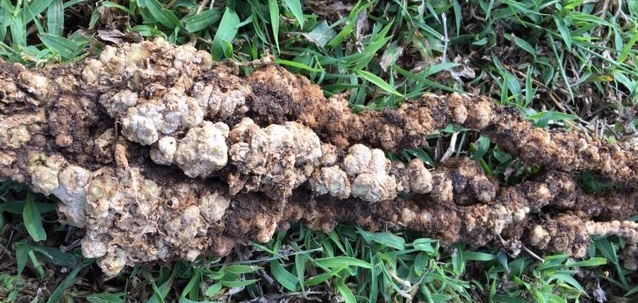
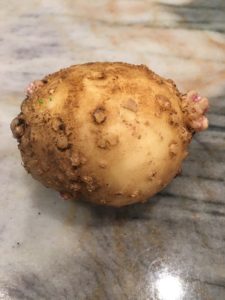
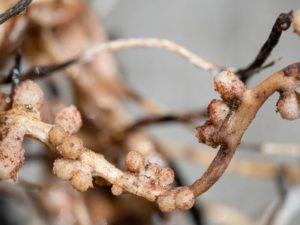
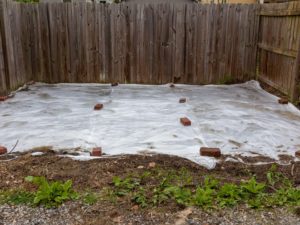
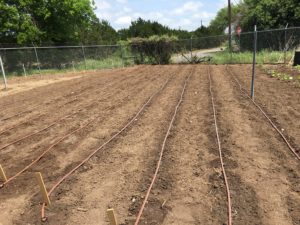
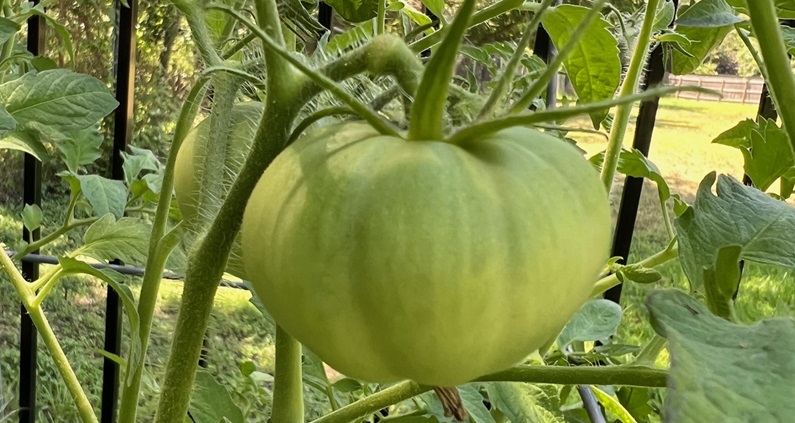
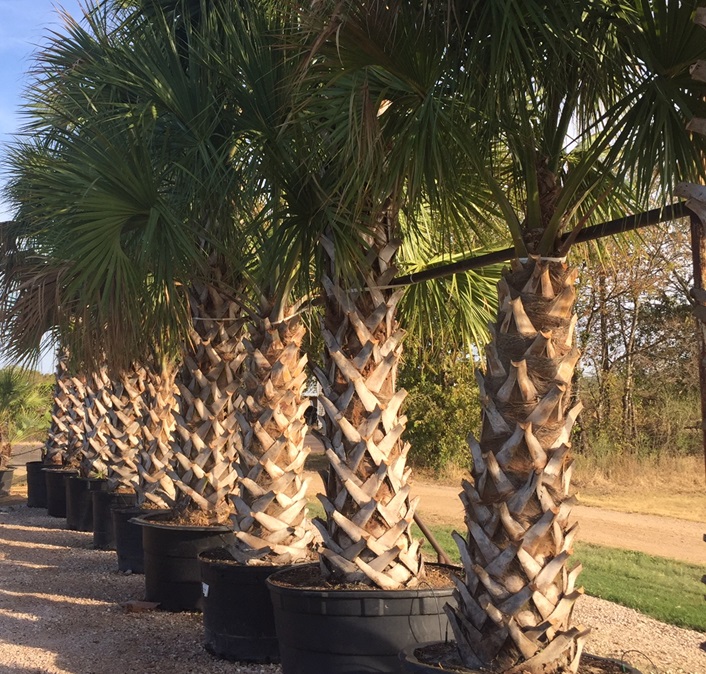

Leave A Comment